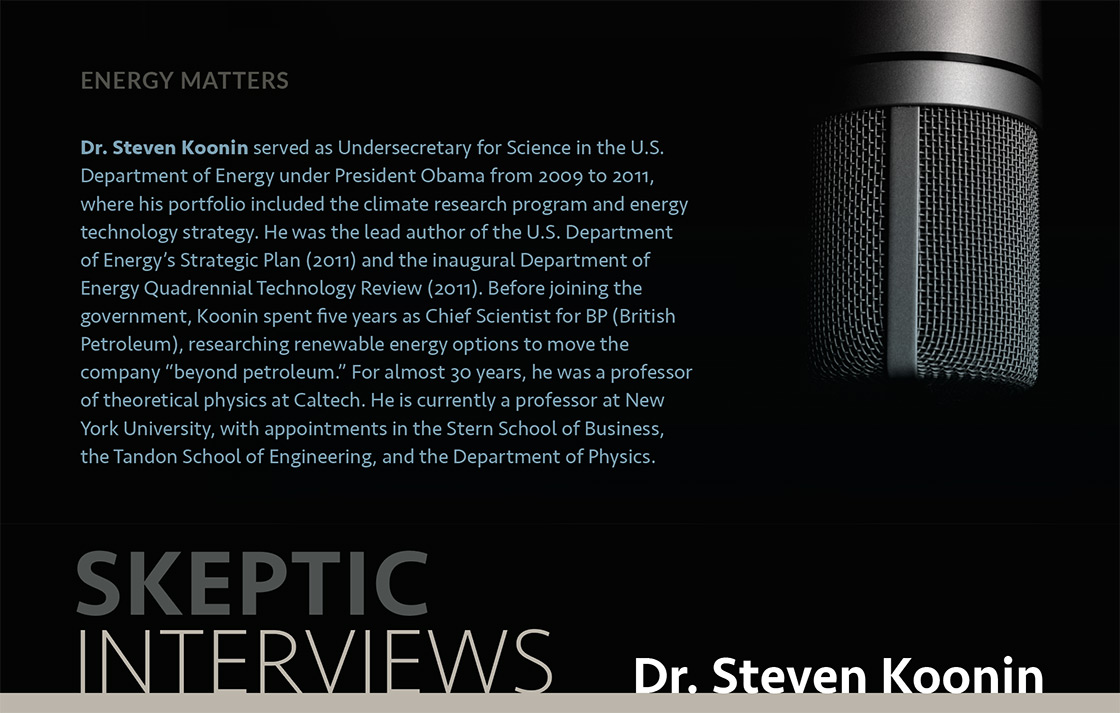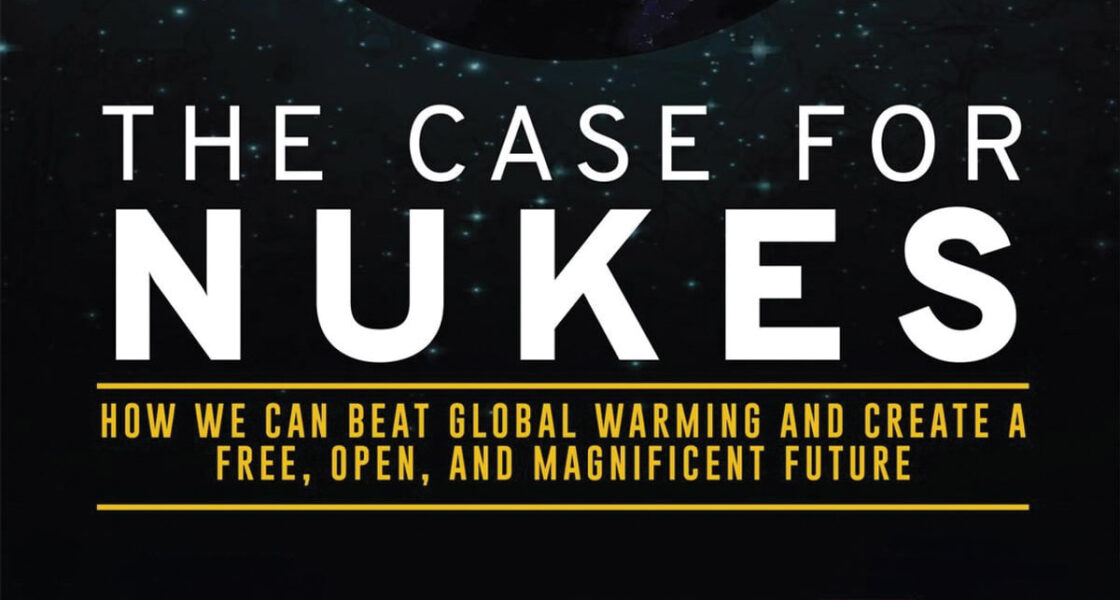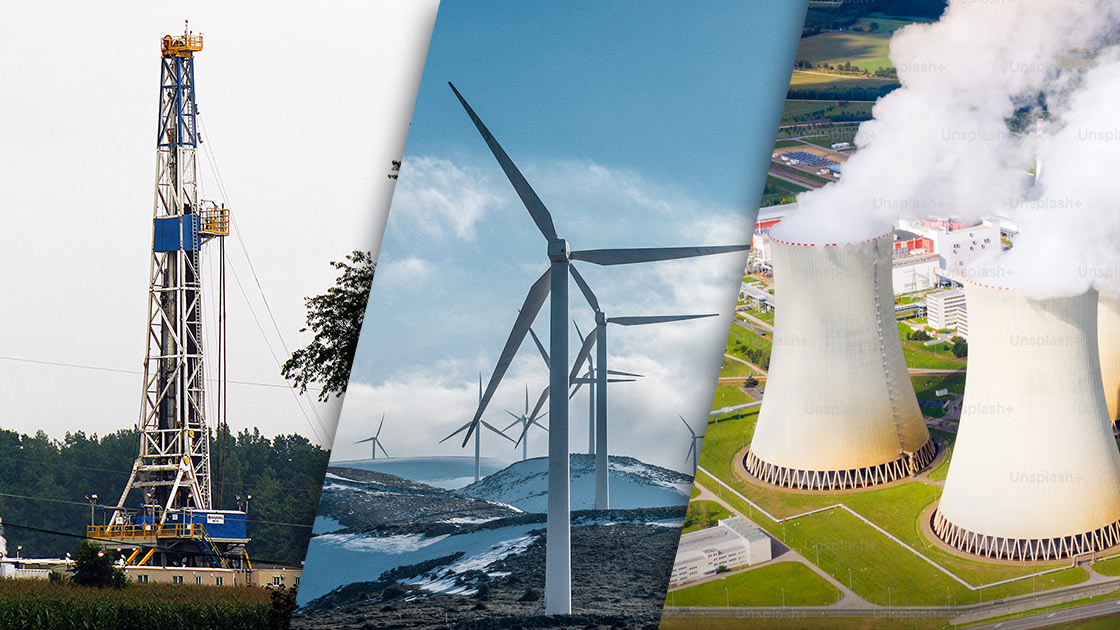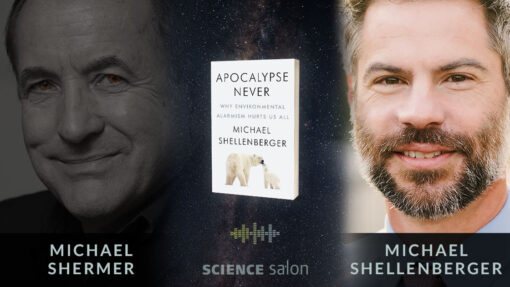carbon emissions

Skeptic: How did you get interested in energy? Koonin: I was educated in New York City public schools and grew up in a middle-class household. I went to Caltech as an undergrad, MIT for my PhD, and then returned to Caltech as faculty for 30 years. I was the Provost for the last nine. I […]

The world faces two energy crises: (1) too much, because we are changing the Earth’s climate and chemistry and so inviting global catastrophe; and (2) too little, because the bulk of humanity still lives in poverty, without enough for a decent standard of living. The answer to both is to go nuclear. Upon examination, the arguments made against nuclear energy, including: emissions, waste disposal, accidents, and proliferation are shown to be exaggerated, unfounded, or soluble using even currently available technology.

The Paris Accords have been a failure in reducing global warming. Solar and wind energy have not been the panacea environmentalists promised. To avoid catastrophic economic impacts, the United States needs to keep producing oil and gas until other ways of mitigating global warming can be found. Fracking has helped turn the United States into the world’s leading oil and gas producer. But the health of future Earth relies on keeping a strong economy while we transition away from oil…

Shermer and Shellenberger discuss: the rise of apocalyptic environmentalism • Environmental Humanism as a replacement worldview • problems and shortcomings of climate computer models • how much warmer it’s going to get, what the consequences will be, and what we can do about it? (hint: nuclear), why people fear nuclear power • renewables, solar, wind, geothermal, and why they are not nearly as efficient as nuclear, and more…
In Science Salon # 128, Michael Shermer speaks with Michael Shellenberger about his new book Apocalypse Never: Why Environmental Alarmism Hurts Us All. PLUS, save 40% on new digital subscription via PocketMags.com, now thru August 15, 2020.












